Surgical Innovation and Transplants
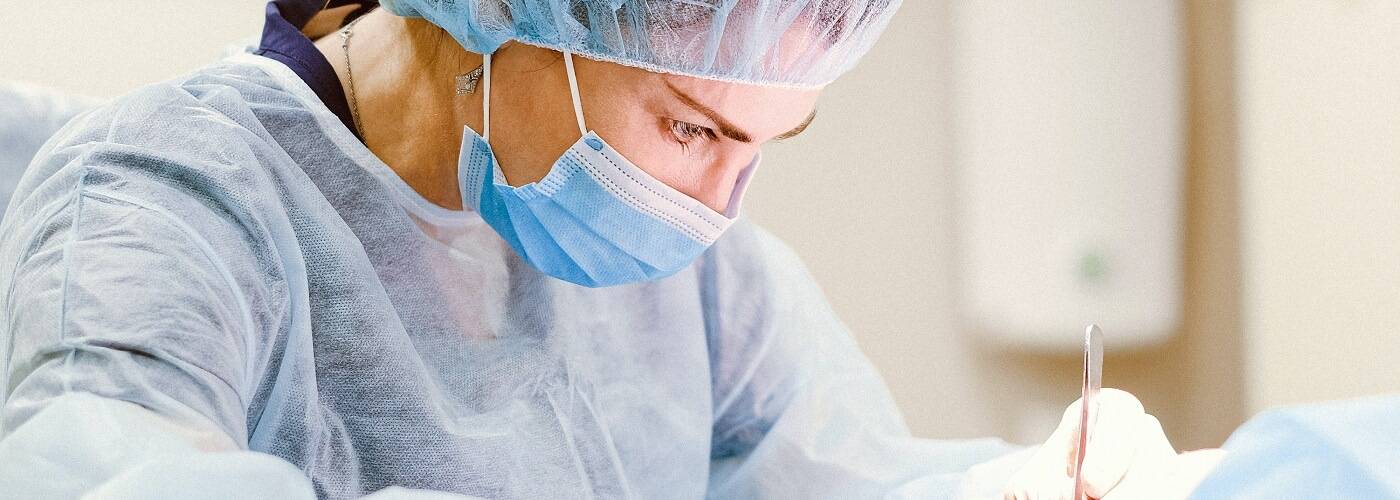
Tissue Access for Patient Benefit
TAPb facilitates the access, storage, use and transfer of human organs, cells, and tissue between clinical centres within UCL and a range of institutions to help researchers access the materials they need.
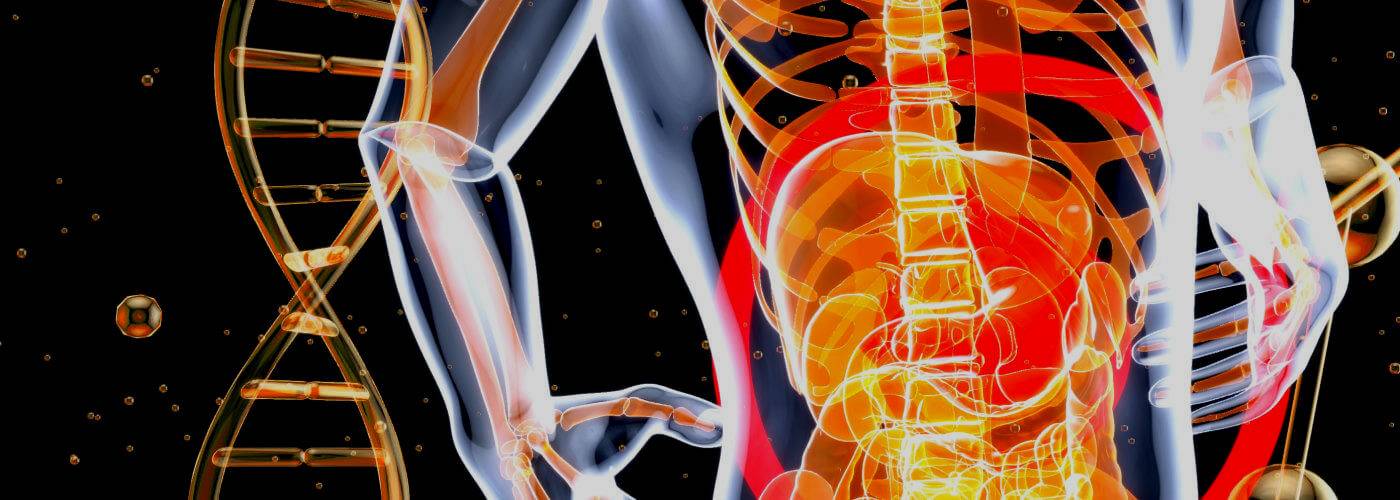
Simulation of labelled intraoperative scenes in unity
Synthetic or simulated data could greatly improve the availability and volume of training data for image guided surgery and other medical applications, where access to real-life data is limited.
Our work
- Smart Surgery
We are developing a system for image guidance during laparoscopic liver surgery, using a 3D model produced from pre-operative CTs with the laparoscopic images at surgery.
Collaborators
- Prof. Brian Davidson
- Wellcome Trust and EPSRC Institute of Surgical Sciences (WEISS)
- Prof. Dave Hawkes
- Dr Matt Clarkson
- Prof. Dan Stoyanov
- Dr Dean Barret
- Prof. K. Gurusamy
- Organ preservation and ischaemia reperfusion injury
Organ preservation injury is a major limitation to all solid organ transplants. We are undertaking extensive studies on the mechanism of ischaemia reperfusion injury, including machine perfusion (funded by NIHR i4i), immunology of IR injury and modulation by remote preconditioning. Ongoing work on endothelial biology in acute organ injury and the role of NGal in acute kidney injury following liver transplant.
Collaborators
- Prof. Brian Davidson
- Prof. Barry Fuller
- Prof. Mala Maini, Immunology
- Prof. Alan Salama, Nephrology
- Mr Robertson, Edinburgh
- US Histotripsy and liver regeneration
This work focuses on repairing the damage of chronic liver disease and providing a novel approach to liver regeneration. Studies on US Histotripsy of the liver are combined with methods of isolating and delivering human stem cell therapies.
Collaborators
- Prof. Brian Davidson
- Prof. Nader Saffari, Engineering
- Mr Saied Froghi
- Prof. Alberto Quaglia, Histopathology
- Dr Hassan Rashidi, Great Ormond Street Institute of Child Health
- Mr Amjad Khalil
- Pancreas IRE therapy
We are investigating the use of this novel therapy in the treatment of pancreas cancer. The mechanism is being explored and therapies for modulating response. A novel ex vivo perfusion model is being explored, immunological responses to IRE therapy evaluated and a new perfusion system developed with Engineering and EPSRC funding.
Collaborators
- Miss Zainab Rai
- Prof. Brian Davidson
- Prof. Dan Stoyanov
- Dr Matteo Agostini
- Prof. Mala Maini, Immunology
- Prof. Hans Stauss, Immunology
- Prof. Roger Feakins, Pathology, Royal Free Hospital
- Photoacoustic guided minimally invasive treatment of liver cancer
Developing keyhole surgery for liver cancer requires the extent of cancer to be carefully mapped. Along with UCL Engineering and WEISS we are developing a new Photoacoustic probe for guiding liver cancer surgery and other forms of cancer therapy.
Collaborators
- Prof. Paul Beard, UCL Engineering and Ultrasonics
- Prof. Brian Davidson
- Prof. Matt Clarkson, WEISS
- Prof. Kurinchi Gurusamy
- Prof. Dave Hawkes, WEISS
- Prof. Seb Ourselin, KCL
- Understanding and improving the delivery of nanoparticles to tumours
One of the main limitations to nanoparticle based cancer therapies is the extended permeability and retention (EPR) effect which may prevent particle uptake. This project will develop a mathematical model of nanoparticle delivery to cancer and test this in in vivo models and using an ex vivo perfused organ system.
Collaborators
- Prof. Simon Walker Samuel, UCL CABI
- Prof. Rebecca Shipley, (Joint PI) Institute of Healthcare Engineering
- Prof. Brian Davidson
- Miss Zainab Rai
- Dr Tabor Alethea, UCL Chemistry
- Dr Marnix Jansen, Histopathology, UCL Cancer Institute
- Dr Tammy Kalber, UCL CABI
- Integrating immunological, metabolite and microbiome data to predict clinical outcomes in kidney transplants
The composition of the microbiota and their metabolites could elicit signals that promote either an enhanced or diminished immune response against a kidney transplant. We want to improve understanding of the changes to gut microbiota and metabolites that can predict the course and heterogeneity of alloimmune responses.
Collaborators
- Prof. Reza Motallebzadeh
- Dr Bajaj-Elliot (GOS Institute of Child Heath, UCL)
- Dr Pesenacker (Institute of Immunity & Transplantation, UCL)
- Prof. Mauri (Institute of Immunity & Transplantation, UCL)
- Prof. Eaton (GOS Institute of Child Health, UCL)
- Prof. Jennifer Rohn (Dept Renal Medicine, UCL)
- Human kidney extracellular matrix hydrogels as a natural 3D platform for bioengineered models of kidney fibrosis
This work will develop, characterise, and validate a novel in vitro 3D human kidney organoid culture system aimed at screening for compounds capable of modulating the tubulointerstitial microenvironment crosstalk that perpetuates development of fibrosis in chronic kidney disease.
Collaborators
- Prof. Reza Motallebzadeh
- Prof. Jill Norman (Experimental Nephrology)
- Prof. Krista Rombouts (Institute of Liver & Digestive Health)
- Dr Giuseppe Mazza (Engitix Therapeutics)
- Dr Breda Twomey (UCB Pharma)
- Development of a point-of-care assay for monitoring rejection after renal transplantation
We are developing a novel point-of-care device to monitor urinary chemokines serially in renal transplant recipients and identify recipients with incipient allograft injury. Immune-based biomarkers offer the potential for identifying patients at risk for graft rejection and for individualizing immunosuppression therapy.
Collaborators
- Prof. Reza Motallebzadeh
- Prof. Tiwari
- Prof. Balabani (Dept of Mechanical Engineering, UCL)
- Investigating B cell responses in patients with end stage kidney disease - and defining the basis of a hyporesponsive immune phenotype
We are investigating if the presence of neutralising antibodies to interferon-alpha (IFNa) in patients with end-stage kidney disease influences the balance of B regulatory cells and plasmablasts, that in turn can account for differences in humoral vaccine responses. Our work will form the basis of therapeutic strategies to improve specific SARS-CoV-2 antibody responsiveness by manipulation of cytokines (by augmenting IFNa or inhibiting IL-10) in selected patients.
Collaborators
- Mr Reza Motallebzadeh
- Prof. Alan Salama, Nephrology
- Dr Rupert Beale, Francis Crick Institute
- Burden Qualitative assessment of the impact of human cytomegalovirus infection in kidney transplant recipients
Cytomegalovirus (CMV) can remain inactive following an initial infection but be reactivated post organ transplantation or transmitted from the transplanted organ to the recipient. Both scenarios cause major problems in kidney transplant recipients on immunosuppression treatment. We aim to understand how CMV infection after kidney transplantation impacts patient health and quality of life.
Collaborators
- Prof. Reza Motallebzadeh
- Prof. Cecilia Vindrola (Department of Targeted Intervention, UCL Division of Surgery & Interventional Sciences)
- Dr Tanzina Haque (Royal Free London NHS Foundation Trust)
- Dr Matthew Reeves (Institute of Immunity & Transplantation, UCL)
- Burden Control of human cytomegalovirus infection by tissue-resident NK cells
Human cytomegalovirus (HCMV), one of the most frequent infectious complications after kidney transplantation, can promote graft rejection and death. Natural killer (NK) cells countering HCMV are present in circulating blood and within donor kidneys. We aim to understand if kidney-resident NK cells can better control HCMV than circulating counterparts. We can then determine whether donor kidneys with high numbers of kidney-resident NK cells are better at controlling HCMV in recipients. Our work will ultimately help in the design of novel therapies against HCMV.
Collaborators
- Prof. Reza Motallebzadeh
- Dr Matthew Reeves (Institute of Immunity & Transplantation, UCL)
- Dr Dimitra Peppa (Institute of Immunity & Transplantation, UCL)
- Community investment scheme to improve equity in living kidney donation
Funded by NIHR, our project is aimed at the Hindu, Jain and Black communities, who make up about 20% of the patient population awaiting renal transplantation at the Royal Free Hospital. Based on our collective experience of previous work on living kidney donation and understanding of the barriers to living donation, we have planned a program of community events and one-to-one culturally appropriate information and support to patients from these three communities on living kidney donation and transplantation.
Collaborators
- Mr Reza Motallebzadeh
- Prof. Alan Salama, Nephrology UCL
- Mr David Myers, Chair of The Royal Free London Organ Donation Committee
- Mr Kirit Modi, President for the National Kidney Federation and the National Black, Asian and Minority Ethnic Transplant Alliance
- The role of kidney-resident immune cells in the control of human cytomegalovirus infection in kidney transplantation
Human cytomegalovirus (HCMV), one of the most frequent infectious complications after kidney transplantation, can lead to graft rejection and death. Natural killer (NK) cells, that can counter HCMV, are present in circulating blood but we have also recently identified NK cells within donor kidneys. We aim to understand if kidney-resident NK cells can better control HCMV than circulating counterparts. We can then determine if some donor kidneys, because they are better armed with kidney-resident NK cells, are better at controlling HCMV in recipients. Our work will ultimately help in the design of novel therapies against HCMV.
Collaborators
- Prof Reza Motallebzadeh
- Dr Matthew Reeves (Institute of Immunity & Transplantation, UCL)
Clinical trials: Renal Transplant Group
- Surveillance of arteriovenous fistulae using ultrasound (SONAR)
Status: completed
A prospective multi-centre observational cohort study to determine whether ultrasound surveillance can reliably predict arteriovenous fistulae failure in patients with chronic kidney disease.
Collaborators
- Mr Reza Motallebzadeh
- Prof. Gavin Pettigrew, University of Cambridge
Publications
- Richards J, Mottallebzadeh R, Pettigrew G, SONAR trial group et al. (2019) Surveillance arterioveNous fistulAs using ultRasound (SONAR) trial in haemodialysis patients: a study protocol for a multicentre observational study. BMJ Open.
- Anaesthesia Choice for Creation of Arteriovenous Fistulae (ACCESs)
A randomised controlled trial comparing clinical (one-year functional patency rate) and cost-effectiveness of regional versus local anaesthesia for primary arteriovenous fistula formation
Collaborators
- Mr Reza Motallebzadeh
- Ms Emma Aitken, NHS Greater Glasgow and Clyde
Publications
- Macfarlane A, Aiken E, Motallebzadeh R, Access Collaborative Group et al. (2021) Anaesthesia Choice for Creation of Arteriovenous Fistula (ACCess) study protocol: a randomised controlled trial comparing primary unassisted patency at 1 year of primary arteriovenous fistulae created under regional compared to local anaesthesia. BMJ Open; 11 (12).
- Cardiorespiratory optimisation by arteriovenous fistula ligation after renal transplantation (COBALT)
This multicentre randomised interventional feasibility study will assess the feasibility of conducting a multi-centre interventional randomised controlled trial that determines the impact of haemodialysis AVF ligation on cardiorespiratory fitness in stable renal transplant patients. The study will mimic the proposed RCT, with participants undergoing a comprehensive evaluation of cardiorespiratory fitness and daily functioning using cardiopulmonary exercise testing, wearable device technology and quality of life assessments.
Collaborators
- Mr Reza Motallebzadeh
- Prof. Gavin Pettigrew, University of Cambridge
- Mr Simon Knight, University of Oxford
Publications
Surendrakumar V, Motallebzadeh R, Pettigre G, Knight S et al. (2023) Cardiorespiratory Optimisation By Arteriovenous fistula Ligation after renal Transplantation (COBALT): study protocol for a multicentre randomised interventional feasibility trial. BMJ Open; 13 (2).
- Cardiorespiratory A Feasibility Study of Uncontrolled Donation After Circulatory Death
This feasibility study aims to address the challenges of a new organ donation pathway in the UK. We aim to demonstrate that uncontrolled donation after circulatory death (uDCD) is possible and acceptable in the UK, while gathering pilot data for a novel kidney viability assay. If successful, this study will inform a future large-scale multicentre study of uDCD donation in the UK.
Collaborators
- Prof Reza Motallebzadeh
- Mr Dominic Summers, Cambridge
- Prof Pettigrew, Cambridge
Clinical trials: HPB and Liver Transplant Group
- Recipient ischaemic preconditioning in orthotopic liver transplantation (RIPCOLT)
Status: Complete
The first human study of recipient ischaemic preconditioning in liver transplantation.
Ischaemic reperfusion (IR) injury is a major cause of graft loss, morbidity and mortality following orthotopic liver transplantation (OLT). Demand for liver transplantation has resulted in increasing use of marginal grafts that are more prone to IR injury. Remote ischaemic preconditioning (RIPC) reduces IR injury in experimental models, but recipient RIPC has not been evaluated clinically. A single-centre double-blind randomized controlled trial (RCT) is planned to test the hypothesis that recipient RIPC will reduce IR injury.
Publications
Robertson, F.P., Goswami, R., Wright, G.P. et al. Protocol for a prospective randomized controlled trial of recipient remote ischaemic preconditioning in orthotopic liver transplantation (RIPCOLT trial). Transplant Res 5, 4 (2016).
- IRE therapy in patients with locally advanced pancreatic cancer (LAP-PIE)
UK multi-centre trial of IRE therapy for locally advanced and unresectable pancreatic cancer. This study will assess the feasibility of performing irreversible electroporation (IRE) therapy in patients with locally advanced pancreas cancer (LAPC) whose disease remains locally unresectable following initial chemotherapy.
- National Institute for Health and Care Research: Research for Patient Benefit
Publications
Rai Z.L., Ranieri V, Palmer D.H. et al. Treatment of unresectable locally advanced pancreatic cancer with percutaneous irreversible electroporation (IRE) following initial systemic chemotherapy (LAP-PIE) trial: study protocol for a feasibility randomised controlled trial. BMJ Open 2022.12:e050166.
- Acute pancreatitis (GAP)
The first randomised trial to evaluate goal directed fluid therapy following liver transplant. Single-centre feasibility study on ward-based goal directed fluid therapy following acute pancreatitis.
- Status: (recruited and ongoing analysis)
- National Institute for Health and Care Research: Research for Patient Benefit
Publications
Froghi F, Soggiu F, Ricciardi F, et al. Ward-based Goal-Directed Fluid Therapy (GDFT) in Acute Pancreatitis (GAP) trial: study protocol for a feasibility randomised controlled trial. BMJ Open 2019;9:e028783.
- Liver resection surgery compared with thermal ablation in high surgical risk patients with colorectal liver metastases (LAVA)
The first adequately powered trial comparing liver resection surgery with thermal ablation for the treatment of colorectal liver metastases. Multi-centre UK and Netherlands.
- Status: Complete
- National Institute for Health and Care Research: Health Technology Assessment
Publications
Davidson B, Gurusamy K, Corrigan N, Croft J, Ruddock S, Pullan A, et al. Liver resection surgery compared with thermal ablation in high surgical risk patients with colorectal liver metastases: the LAVA international RCT. Health Technol Assess 2020;24(21).
- Cardiac output optimisation following liver transplant (COLT)
Goal-directed fluid therapy (GDFT) has been shown to reduce morbidity and mortality in a number of surgery settings, but its impact in patients undergoing liver transplantation is unknown.
The Cardiac output Optimisation following Liver Transplant (COLT) trial is designed as a prospective, single-centre, randomised controlled study to assess the feasibility and safety of GDFT in liver transplantation for patients with cirrhosis.
- Status: Complete
- National Institute for Health and Care Research: Research for Patient Benefit
Publications
- Froghi, F., Koti, R., Gurusamy, K. et al. Cardiac output Optimisation following Liver Transplant (COLT) trial: study protocol for a feasibility randomised controlled trial. Trials 19, 170 (2018).
- Froghi, F., Gurusamy, K., Martin, D., Davidson, B.R. et al. Effect of post-operative goal-directed fluid therapy (GDFT) on organ function after orthotopic liver transplantation: Secondary outcome analysis of the COLT randomised control trial. International Journal of Surgery, 99 (2022).
- Smart Liver
(WT/DoH/ NIHR i4i/NIHR RfPB)
The development and evaluation of a virtual reality image guided system for laparoscopic liver surgery.
Equity through biomedical research
- Equity through biomedical research (EQUAL)
Kurinchi Gurusamy, Professor of Evidence-based Medicine and Surgery, leads the 'Equity through biomedical research' group. He is one of the top two percent of scientists who have published their research in Medicine since 960, based on the standardized information on citations, h-index, co-authorship-adjusted hm-index, citations to papers indifferent authorship positions and a composite indicator. (Updated science-wide author databases of standardized citation indicators.)
More than 50 of his research publications have been used in National or International Clinical Practice Guidelines.
Activities by the group
- Surgical Interventional Group at Comprehensive Clinical Trials Unit@UCL: This trial group helps researchers in the design, conduct, and reporting of clinical trials and is currently developing methods to improve efficiency in the design, conduct, reporting, and translation of findings of clinical trials through automation and providing personalised treatment effects.
- Systematic reviews to guide clinical practice.
- Improving patient communication to enhance participation of patients in shared decision making.
- Improving clinical translation of preclinical research.
- Developing software to perform research and improve patient communication.
- A fully functional free software is now available for researchers who perform meta-analysis in systematic reviews of intervention and is available at: https://equal-group.shinyapps.io/MetaAnalysisIntervention/. This software allows researchers to
- Perform meta-analysis in systematic reviews of interventions.
- Combine search results from databases and highlight keywords.
- Optical character recognition (OCR) of English and non-English images and pdf files to allow online translation.
- A fully functional free software is now available for researchers who perform meta-analysis in systematic reviews of intervention and is available at: https://equal-group.shinyapps.io/MetaAnalysisIntervention/. This software allows researchers to

The Centre for Surgical Innovation, Organ Repair and Transplantation (CSIORT)
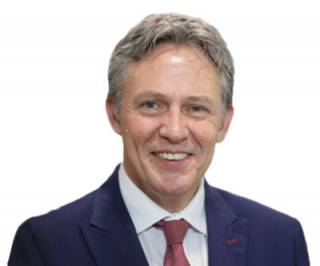
Head: Prof. Brian Davidson

Deputy Head: Prof. Reza Motallebzadeh


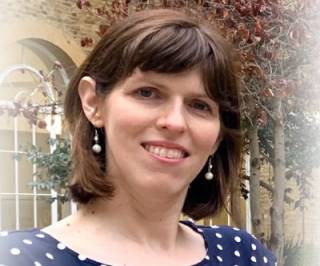


Dr Daniel Martin
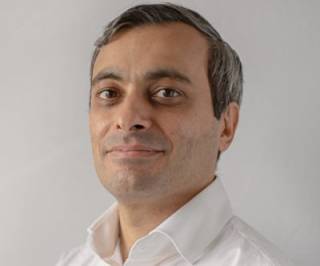
Dr Amir Gander


Dr Emma Lawrence
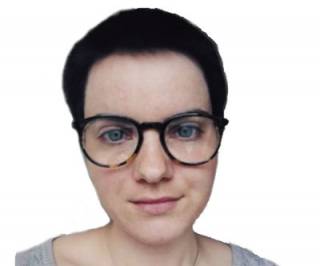
Freya Elise
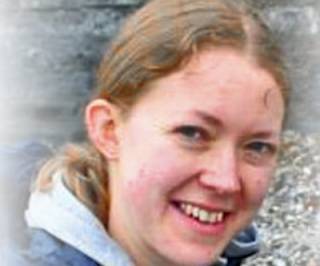
Dr Audrey Linden
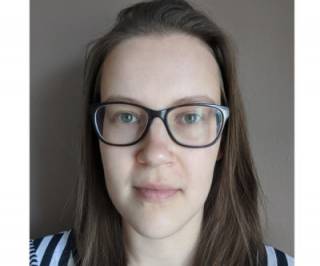
Dr Amber Vaitkute
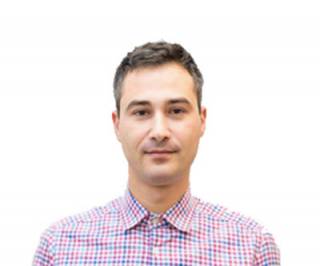



Eren Dursan




Dr Afolarin Otunla
Funding / Partnerships
We would like to thank the organisations that have funded our work:
- Department of Health
- Wellcome Trust
- EPSRC
- NIHR
- CRUK
- Royal Free Charity & St Peter’s Trust
- Rosetrees Foundation
- Kidney Research UK
- UCL National Institute of Health Research Biomedical Research Centre
- UCB Pharma
- UCL Institute of Healthcare Engineering
- NHS Blood and Transplant, Living Kidney Transplant Community Investment Scheme
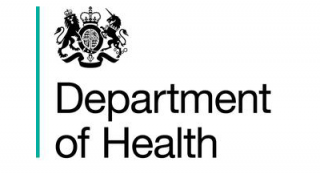

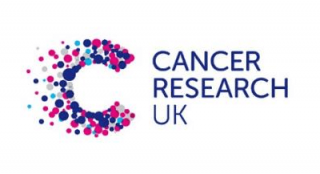
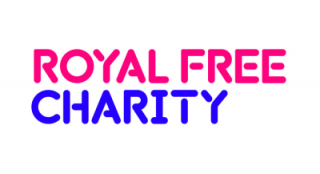
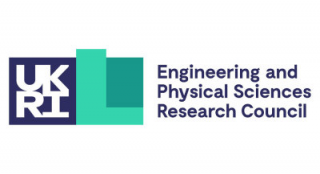
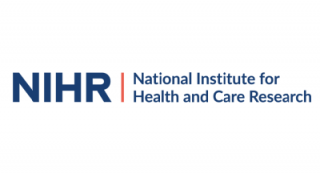


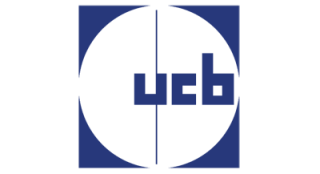
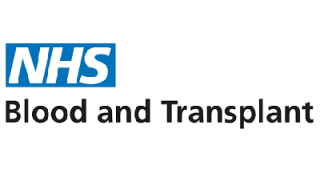
Select publications
- Manook, M, Motallebzadeh, R, Pettigrew, G.J. (2022). Passenger donor lymphocytes: To affinity and beyond. Sci. Transl. Med. 14 (663).
- Borakati, A., Froghi, F., Shetye, A., Davidson, B.R., et al. (2022). Assessing the Impact of Primary Tumour Location on Survival After Resection of Colorectal Liver Metastases: A Propensity Weighted Retrospective Cohort Study. World J Surg 46, 1734–1755.
- Ashby D.R., Caplin B., Motallebzadeh R., et al. on behalf of Pan-London COVID-19 Renal Audit Group (2022). Severity of COVID-19 after Vaccination among Hemodialysis Patients: An Observational Cohort Study. Clin J Am Soc Nephrol. 17 (6) 843-850.
- Zakeri, N., Hall, A., Maini, M.K., Davidson, B.R., et al. (2022). Characterisation and induction of tissue-resident gamma delta T-cells to target hepatocellular carcinoma. Nat Commun 13, 1372.
- Ramalhinho, J., Koo, B., Gurusamy, K., Davidson, B.R., et al. (2022). Deep hashing for global registration of untracked 2D laparoscopic ultrasound to CT. Int J CARS.
- Dowrick, T., Davidson, B.R., Gurusamy, K., et al. (2022). Large scale simulation of labeled intraoperative scenes in unity. Int J CARS 17, 961–963.
- Froghi, F., Gurusamy, K., Martin, D.S., Davidson B.R., et al. (2022). Effect of post-operative goal-directed fluid therapy (GDFT) on organ function after orthotopic liver transplantation: Secondary outcome analysis of the COLT randomised control trial. International Journal of Surgery, 99.
- Sims J.M., Gander, A., Fuller, B., Davidson, B.R., et al. (2022). Lessons learned from the COVID-19 pandemic about sample access for research in the UK. BMJ Open;12:e047309.
- Bricogne, C., Halliday, N., Fernando, R., Davidson, B.R., et al. (2022). Donor–recipient human leukocyte antigen A mismatching is associated with hepatic artery thrombosis, sepsis, graft loss, and reduced survival after liver transplantation. Liver Transpl. 00: 1-15.
- Fabes, J., Wittenberg, M., & Motallebzadeh, R. (2022). Anaesthetic considerations and post-operative care of living kidney donors. In G. Lipkin, A. Sharif (Eds.), Living Kidney Donation - A Practical Guide. Springer Nature.
- Carr, E.J., Wu, M., Harvey, R., ..., Haemodialysis COVID-19 consortium, Crick COVID Immunity Pipeline, ..., Motallebzadeh R., et al. (2021). Neutralising antibodies after COVID-19 vaccination in haemodialysis patients. Lancet. Vol. 398, Issue 10305, pp.1038-1041.
- Gökmen, R., Cronin, A., Brown, W., Motallebzadeh, R., et al. (2021). Kidney transplantation and patients who decline SARS-CoV-2 vaccination: an ethical framework. Transplant International.
- Mamode, N., Ahmed, Z., Jones, G., Motallebzadeh, R., et al. (2021). Mortality rates in transplant recipients and transplantation candidates in a high prevalence COVID-19 environment. Transplantation.
 Close
Close



